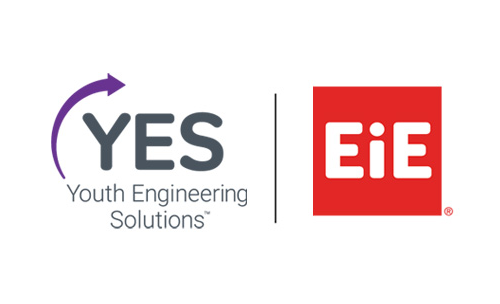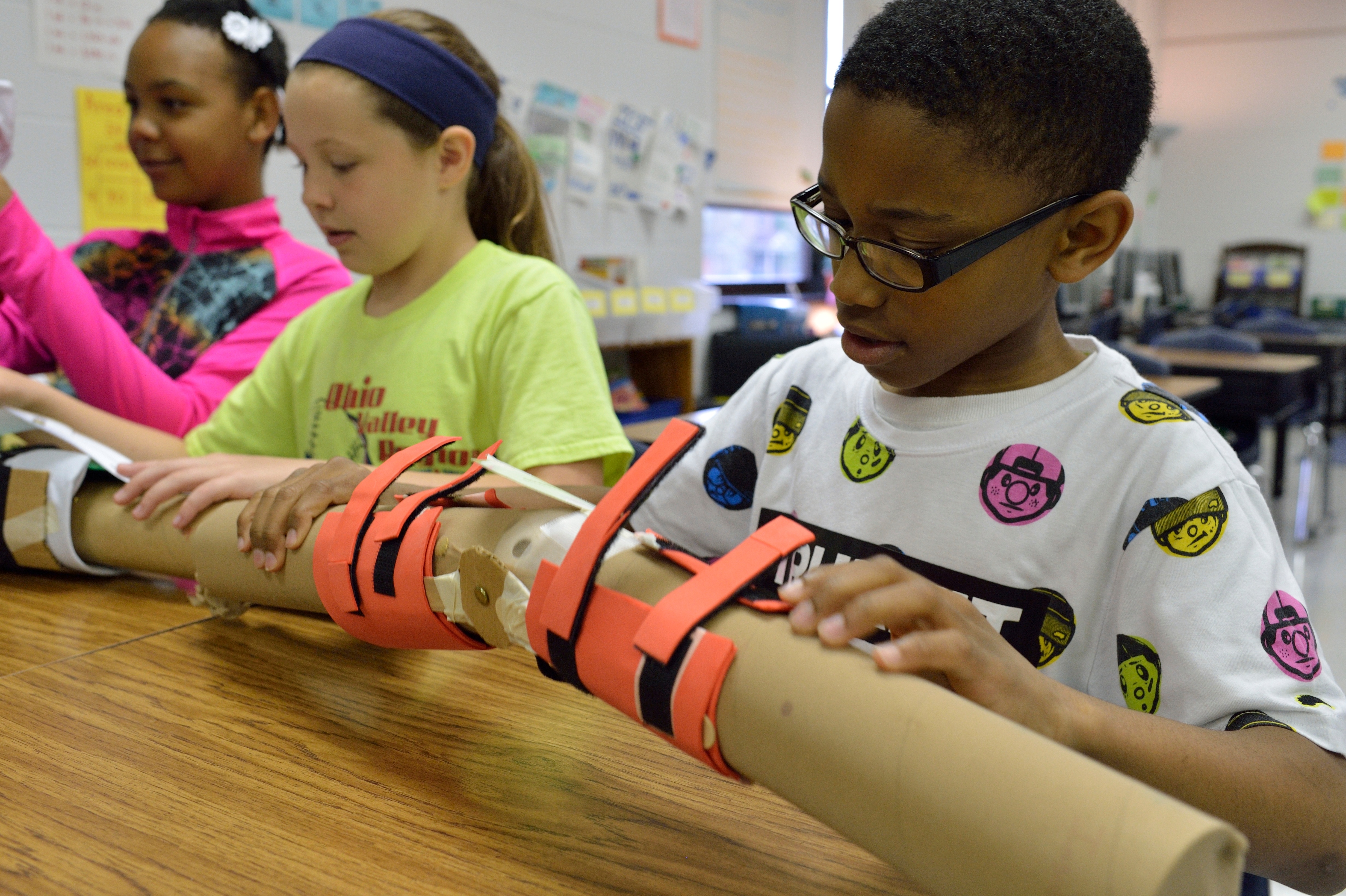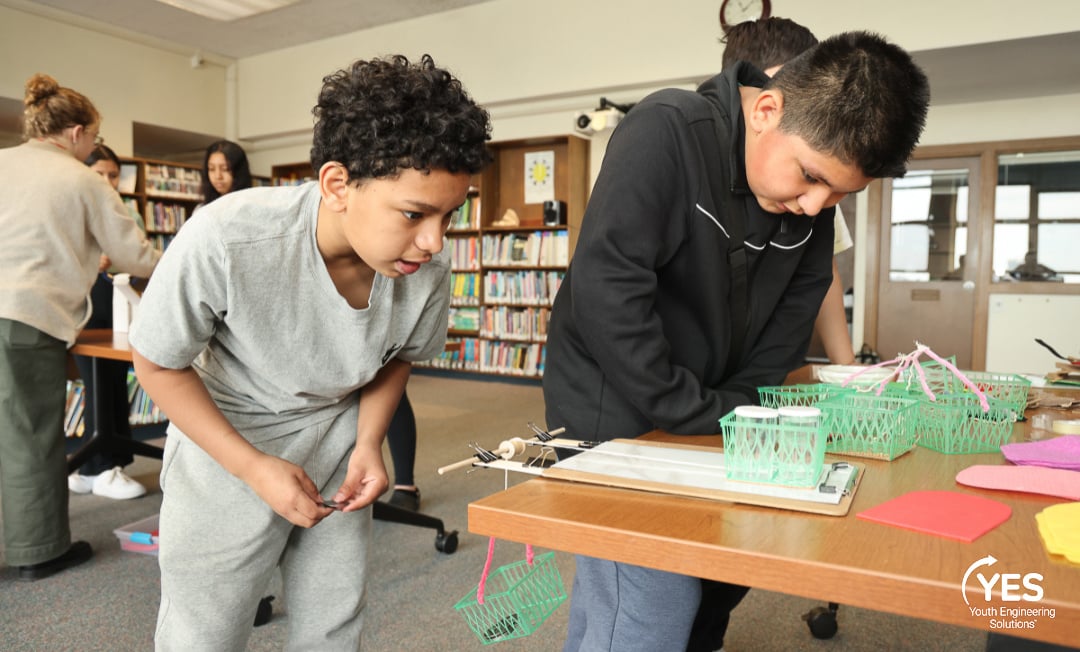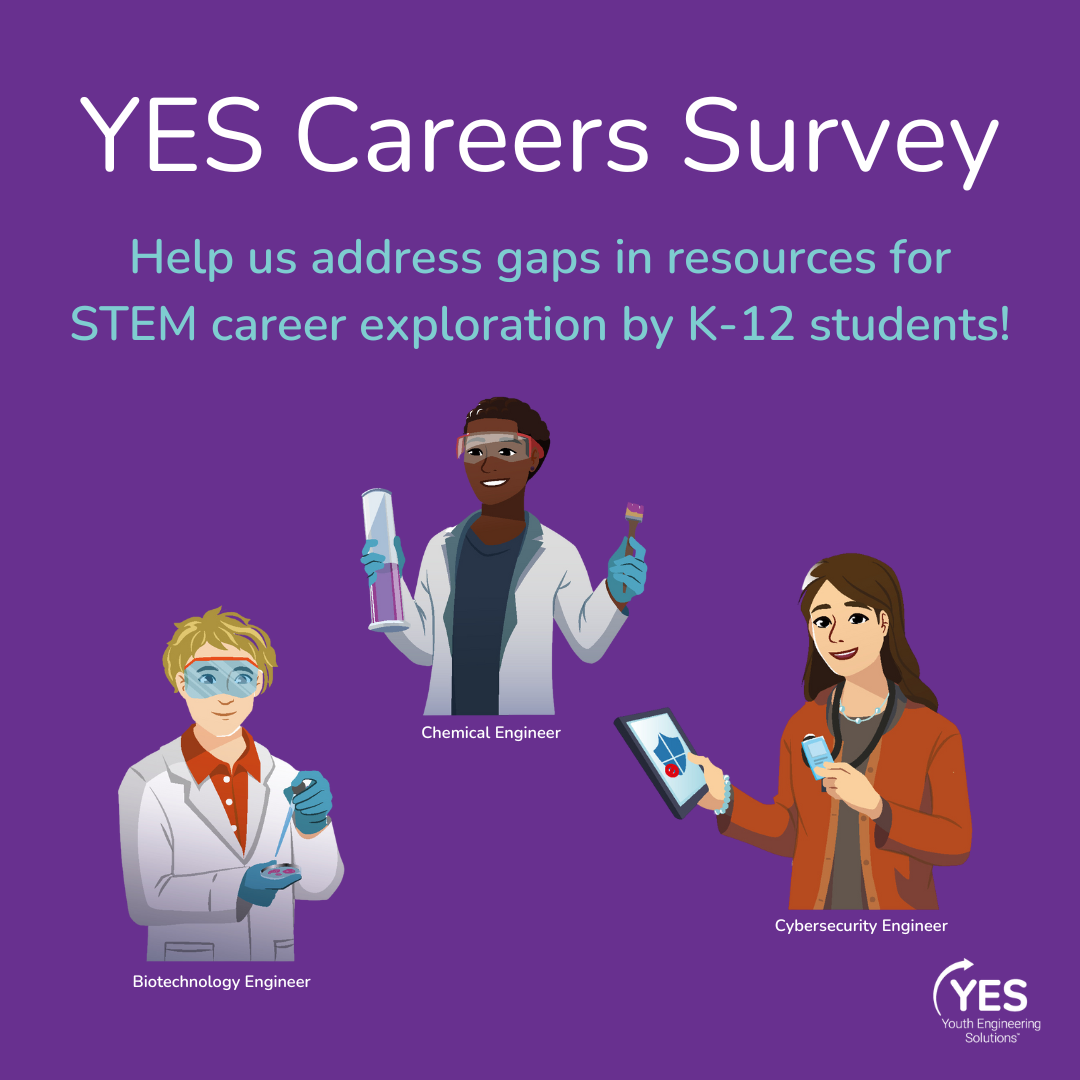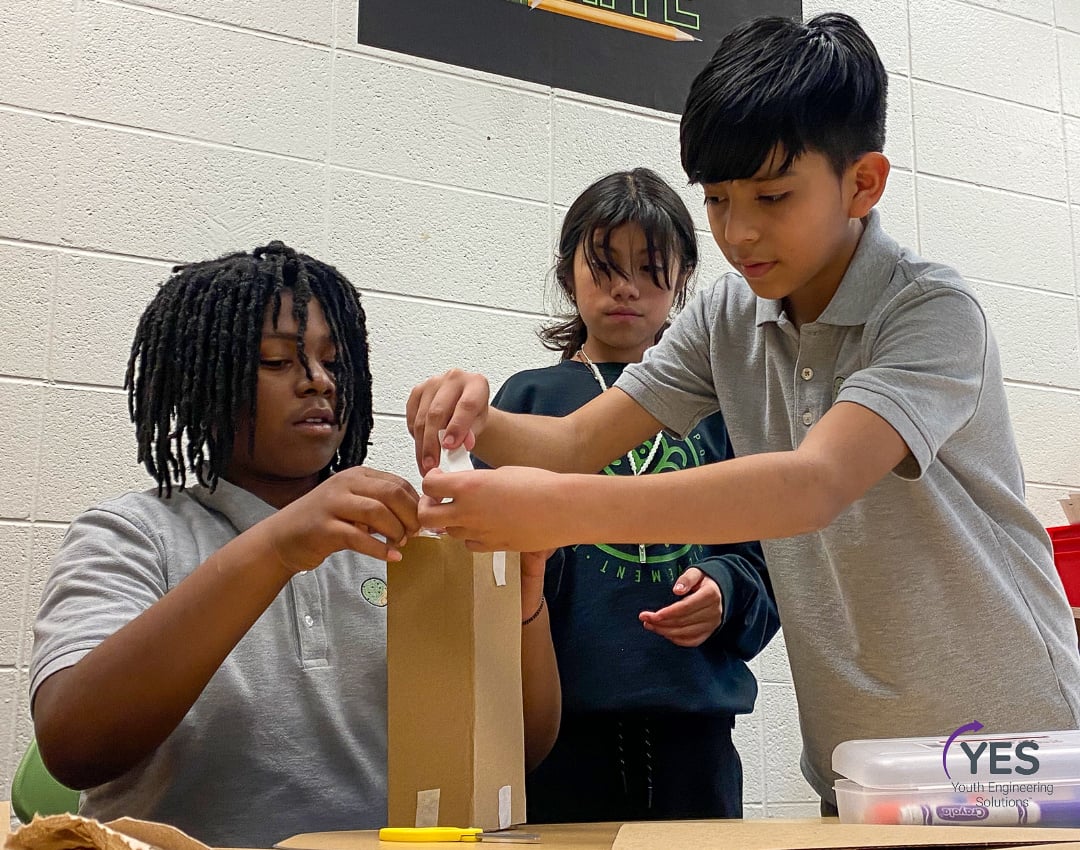EiE aims to create the next generation of problem solvers. To achieve this we know our engineering curricula needs to engage ALL students. When our founder Christine Cunningham started the EiE project, she realized she had an incredible opportunity to introduce a new discipline to students without worrying about previous experiences, entrenched models of learning, or biases against the subject. She began this process in earnest by reviewing literature on elementary school STEM education and talking to educators and engineers about what elementary engineering could look like. From this research, Cunningham and the EiE research team identified the fourteen inclusive design principles that we still use today to develop our curricula.
Amielle Major
Recent Posts
EiE Resources for Teachers | Tuesday, August 8
How EiE Helps Teachers Model Productive Collaboration
Any teacher will tell you that getting students to work together effectively in teams is not easy. Simply telling students to work together won’t lead to productive collaboration. The term “collaboration” has many definitions, but most writers agree it’s more than just working in a group. Collaboration is the act of engaging in creative group work that sparks innovation and productivity. To accomplish this, teachers need to model productive collaboration and give students authentic opportunities to collaborate. Of course, this is always easier said than done. Because EiE values collaboration and views collaboration as an essential part of engineering (and of life), we developed curricula that models for teachers easy and effective ways to encourage productive collaboration.
